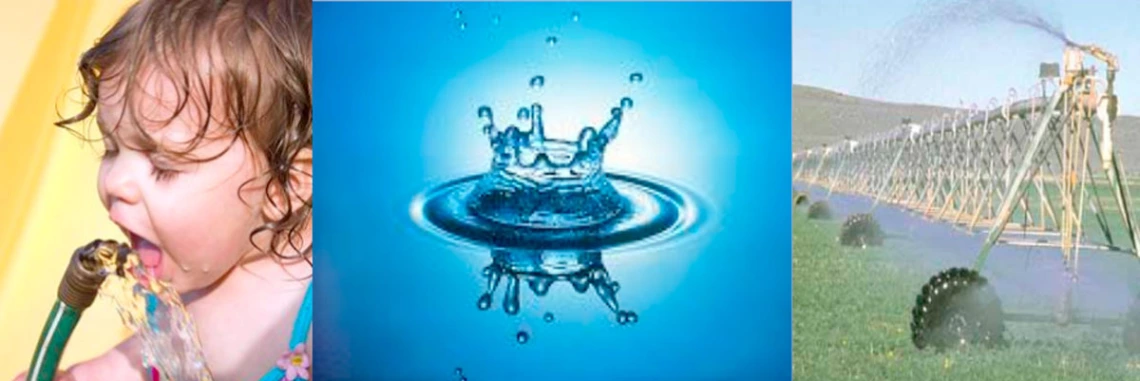
When
Where
Speaker(s)
Jamie McEvoy is a Ph.D. candidate in the School of Geography and Development at the University of Arizona. Her presentation draws on nine months of field dissertation research in Los Cabos and La Paz, Baja California Sur (BCS), Mexico. Using empirical evidence from household surveys, semi-structured interviews, and planning documents, McEvoy examines how the introduction of desalinated water into the municipal water supply portfolio has affected water security in the coastal tourist city of Cabo San Lucas, BCS. Additionally, she discusses proposals for a similar desalination plant in the capital city of La Paz and considers alternative water management options that are available for this region. Her research concludes that while the adoption of desalination technology has improved water security in some neighborhoods, it has not solved the water crisis in BCS. In fact, implementing a technological fix on top of a water management system that is plagued with more systemic and structural problems does little to improve long-term water management and is likely to foreclose or forestall other water management options. The research also identifies new vulnerabilities related to desalination, particularly in the context of the global South. This multi-scalar analysis makes an important contribution to the emerging literature on water security by considering both a narrow and broad framing of water security and identifying a range of factors that influence water (in)security.

